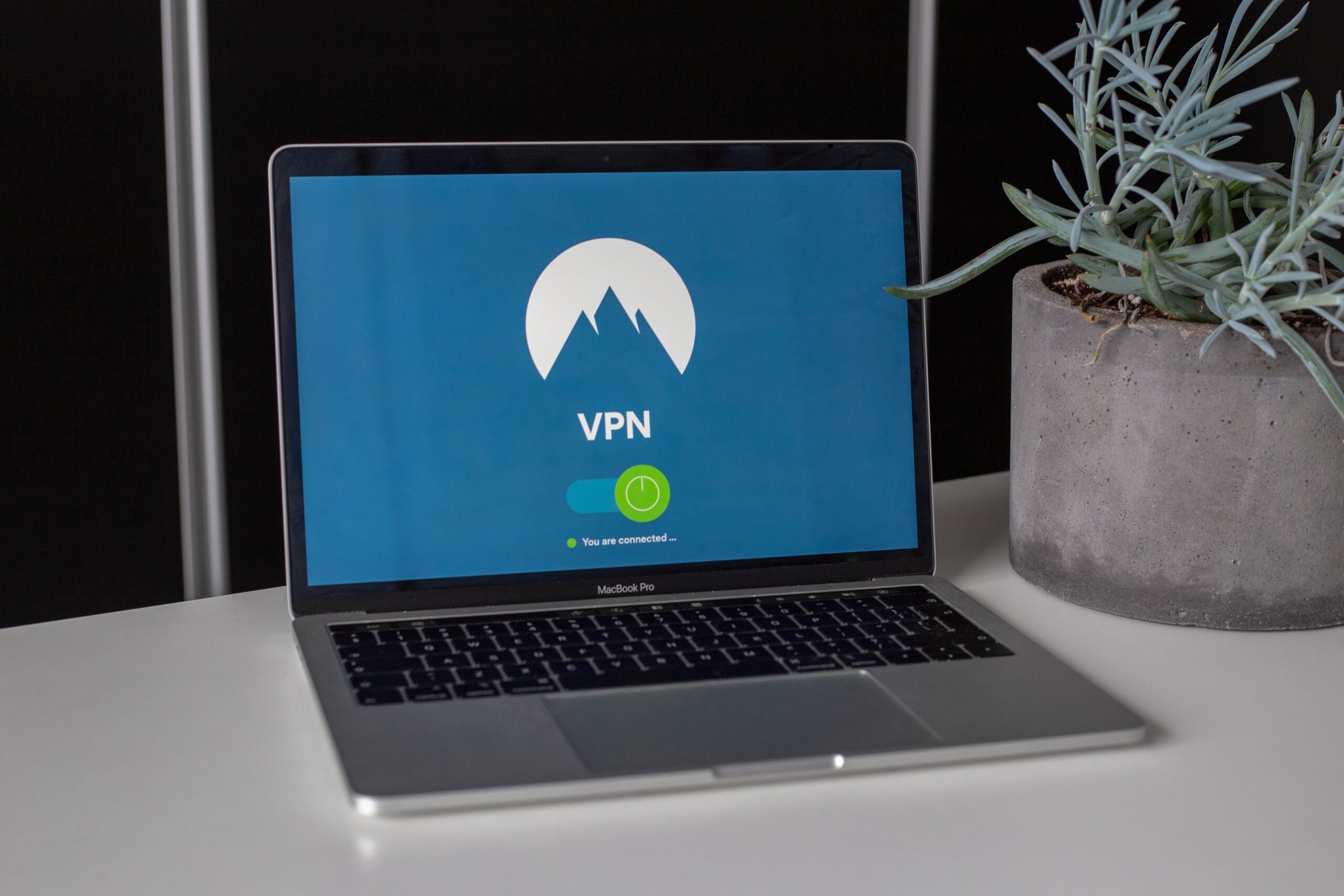
In an era marked by growing concerns over data privacy and security, the integration of privacy-centric features in Windows apps has become imperative to build trust among users.
With reports indicating that 79% of consumers are concerned about how companies use their data (according to a survey by IBM), prioritizing user privacy has never been more crucial.
By incorporating robust privacy protections and transparent data handling practices, developers can instill confidence in users and foster long-term relationships built on trust and respect for their privacy rights.
Privacy-centric features in Windows apps are designed to safeguard user data and protect their privacy rights against unauthorized access, misuse, and exploitation. From implementing end-to-end encryption and secure authentication mechanisms to providing granular control over data sharing and permissions, these features empower users to maintain control over their personal information and digital identities. Additionally, privacy-centric apps often include built-in tools for data anonymization, deletion, and consent management, ensuring compliance with privacy regulations and industry standards.
One of the key advantages of privacy-centric features in Windows app development is their ability to enhance user trust and loyalty. By prioritizing user privacy and demonstrating a commitment to data protection, developers can differentiate their apps in a crowded marketplace and attract discerning users who prioritize privacy. Moreover, privacy-centric features can serve as a competitive advantage, particularly in industries where trust and confidentiality are paramount, such as healthcare, finance, and legal services.
Furthermore, privacy-centric app development contributes to broader societal goals of promoting digital autonomy, civil liberties, and democratic values. By empowering users with control over their personal data and privacy settings, these apps enable individuals to exercise their rights to privacy and self-determination in the digital age. Moreover, by promoting transparency and accountability in data handling practices, privacy-centric apps contribute to a more ethical and responsible digital ecosystem, where user rights are respected and protected.
However, achieving privacy-centric design in Windows app development requires a comprehensive approach that encompasses both technical and ethical considerations. Developers must prioritize privacy by design principles, conduct privacy impact assessments, and adhere to privacy by default settings throughout the app development lifecycle. Additionally, fostering a culture of privacy awareness and education among app users is essential to ensure informed consent and responsible data stewardship.
In conclusion, privacy-centric features are essential for building trust and confidence among Windows app users in an increasingly data-driven world. At Coding Brains, our software development company is committed to prioritizing user privacy and security in our Windows app development projects. By integrating robust privacy protections, transparent data handling practices, and user-centric design principles, we strive to empower users with control over their personal information and foster a culture of trust and respect in the digital realm.


Leave a Reply